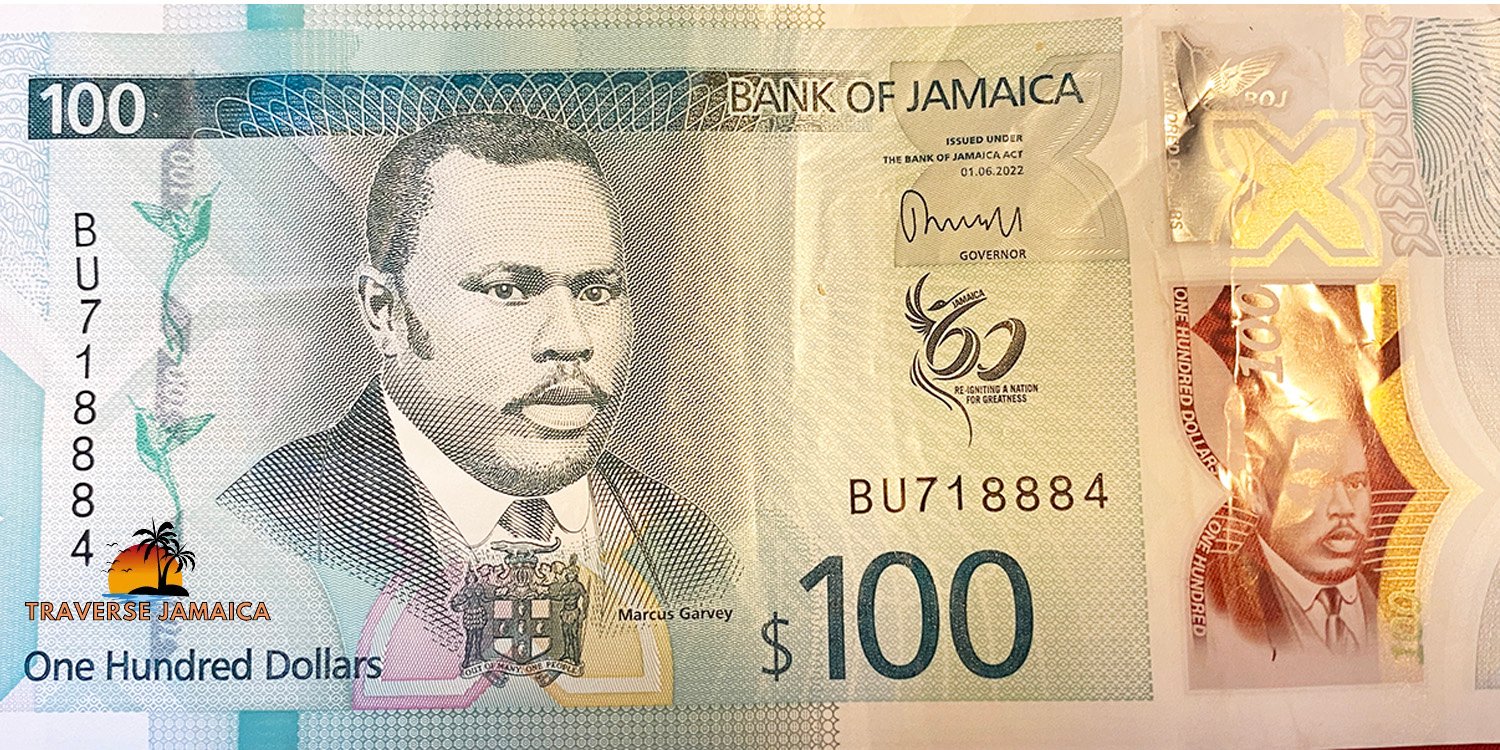Marcus Garvey stands as one of the most influential figures in Jamaican history, leaving an indelible mark on the country’s socio-political landscape and cultural identity. His contributions extend beyond the borders of Jamaica, resonating with the global Black diaspora and the wider Pan-African movement. This article explores the profound impact Marcus Garvey had on Jamaican history and his enduring legacy.
Early Life and Inspiration
Born on August 17, 1887, in St. Ann’s Bay, Jamaica, Marcus Mosiah Garvey grew up in a time of colonial rule and racial discrimination. His early experiences and observations of social inequalities laid the foundation for his lifelong mission to uplift people of African descent. Garvey’s exposure to racial injustices and his work as a printer exposed him to literature on Black history and culture, which further fueled his passion for social change.
The Formation of the UNIA
Garvey’s most notable achievement was the founding of the Universal Negro Improvement Association (UNIA) in 1914. The UNIA aimed to unite people of African descent worldwide and promote economic self-sufficiency, political independence, and cultural pride. The motto of the UNIA, “One God! One Aim! One Destiny!” encapsulated Garvey’s vision of a unified and empowered Black community.
Key Objectives of the UNIA
Economic Empowerment: Establishing Black-owned businesses to foster economic independence.
Political Mobilization: Advocating for self-governance and political autonomy for African nations.
Cultural Renaissance: Promoting pride in African heritage and history.
Garveyism and Its Influence
Garveyism, the ideology derived from Marcus Garvey’s teachings, emphasized Black self-reliance, pride, and unity. It inspired numerous movements and leaders, including the Rastafarian movement in Jamaica. Garvey’s call for a “Back to Africa” movement encouraged people of African descent to return to their ancestral homeland, although it also symbolized a broader call for reclaiming cultural and political identity.
Impact on Jamaican Society
Nationalism: Garvey’s advocacy for self-reliance and political autonomy contributed to the rise of Jamaican nationalism, influencing the island’s journey towards independence.
Rastafarianism: Garvey’s teachings profoundly impacted the Rastafarian movement, which regards him as a prophet. The movement adopted many of his ideas about African pride and repatriation.
Cultural Revival: Garvey’s promotion of African culture and history led to a renaissance in Jamaican art, music, and literature, celebrating African roots.
Legacy and Continued Relevance
Garvey’s influence extends beyond his lifetime, shaping contemporary Jamaican society and politics. His ideas about economic self-sufficiency and cultural pride continue to resonate, inspiring new generations to strive for social justice and equality.
Commemoration
National Hero: In 1969, Marcus Garvey was proclaimed Jamaica’s first National Hero in recognition of his contributions to the country’s development and identity.
Education: Garvey’s teachings are incorporated into the Jamaican educational curriculum, ensuring that his legacy endures, also, in his birth parish, St. Ann is the Marcus Garvey Technical High School located in St. Ann’s Bay, just a short distance from his birth place.
Currency: Marcus Garvey’s image is proudly displayed on the new Jamaica 100 dollar note, symbolizing his lasting impact on the nation’s history and identity.
Conclusion
Marcus Garvey’s impact on Jamaican history is profound and multifaceted. His vision for an empowered and unified Black community transcended geographical boundaries and continues to inspire movements for social justice and equality today. As travelers explore Jamaica, understanding Garvey’s legacy provides deeper insight into the island’s rich cultural heritage and its ongoing journey towards self-determination and pride.
By appreciating Marcus Garvey’s contributions, visitors can gain a greater appreciation for the vibrant and resilient spirit of Jamaica and its people.








